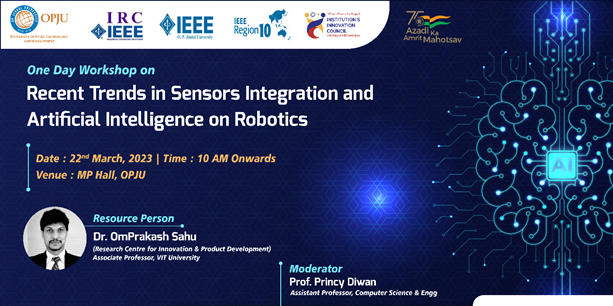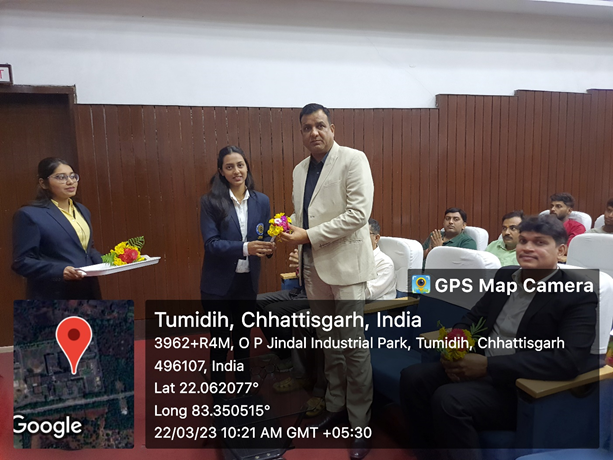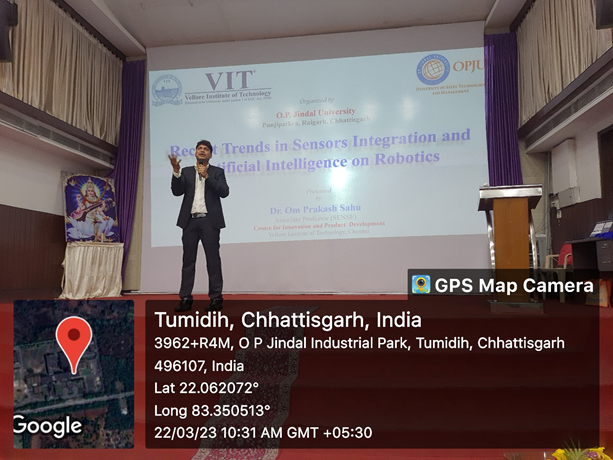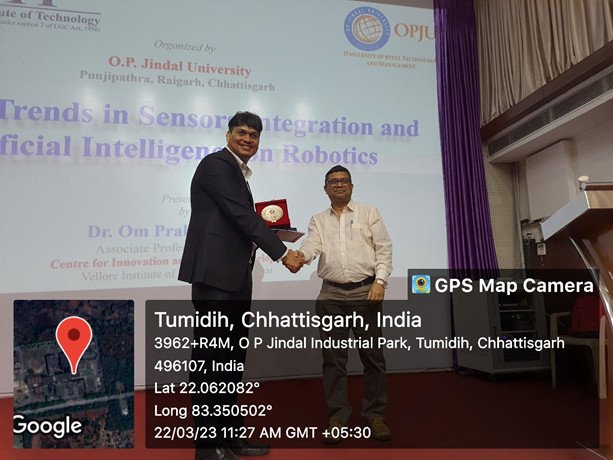

An IEEE Student Branch provides opportunities to meet and learn from fellow IEEE Student and Graduate Student Members and engage with professional IEEE members locally. An active IEEE Student Branch can be one of the most positive elements of your academic career, offering programs, activities, and professional networking opportunities that build critical skills outside of the classroom. IEEE currently has Student Branches at thousands of universities and colleges in hundreds of countries throughout the world.
An IEEE Student Branch gives students a community of peers, and a connection to faculty and industry professionals who drive innovation in countless technical fields. Student involvement in Branch activities, whether special projects, social and technical meetings, outreach programs, conferences, local Section or Regional opportunities, etc. can help develop a record of accomplishment and capabilities beyond the norm.
The university's IEEE students chapter offers a 70% grant to students upon membership enrolment.
Opportunities to network on a local level.
Free website hosting.
Obtain funding for events, projects, and activities.
Develop projects and obtain sponsorship based on your IEEE affiliation.
Receive support for hosting professional awareness programs.
Connect with other like-minded student groups to advance the IEEE mission.
In addition to benefits, IEEE offers programs and projects that keep students interested in the Branch and its activities and their chosen profession.
Provide an opportunity for IEEE Student members to begin networking in their areas of interest and future profession. There are over 2,000 Student Branches in over 100 countries, globally.
Meet other people who share the same interest as you and start networking early. It's not hard to measure this activity when you consider that opportunities for people who network far exceed opportunities for those who do not.
Your local IEEE Student Branch has access to funding that helps the group organize events.
Keep your IEEE Student Branch members current and organized by taking advantage of free website hosting. This is just one of so many perks you'll enjoy when you find and join your local IEEE Student Branch.
Receive support for hosting professional awareness programs as well as materials on how to market and grow your group.
Beyond your IEEE Student Branch is a world full of IEEE members all available to help you advance. Why is this important? Because IEEE has more than 420,000 members around the globe. Who are these people? Find out and meet them at an IEEE Student Activities meeting near you.
STEP is an acronyms for Student Transition & Elevation Partnership, a program developed by IEEE to facilitate the transition from student member to young professionals by introducing opportunities and benefits of IEEE membership at the start of the career.
Similar to IEEE Student Branches, YP Affinity Groups are regionally based organizations that promote networking from the local level and beyond. These local and regional groups have the ability to organize Signature Events and hold impromptu socials at venues of their discretion.
Volunteering for small things, with a big impact. Volunteering offers flexibility to volunteering within IEEE. Through this platform, IEEE members will be able to advertise and search for volunteering opportunities, be it short- or long-term, local or remote, or requiring different skills.
IEEE Young Professionals Signature Events are put on to increase the visibility of IEEE Young Professionals at large global events. Be part of this as an organizer and/or attendee.
Providing support for local events to increase local volunteers' engagement and satisfaction, and consequently gain enough momentum to create fully sustainable YP Affinity Groups.
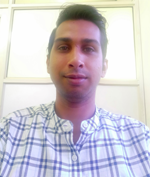
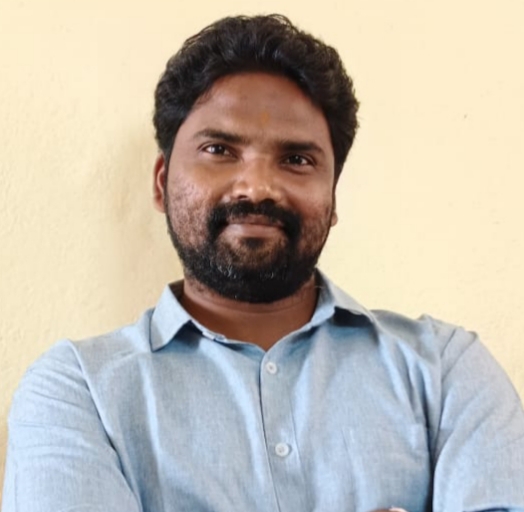
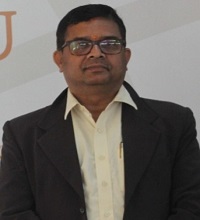
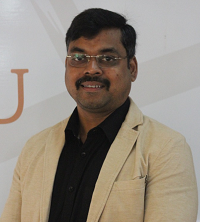
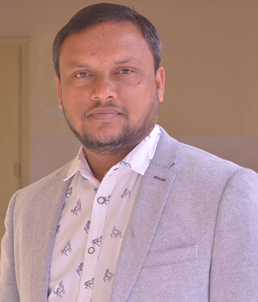














Recent Trends in Sensor Integration and Artificial Intelligence on Robotics.
22nd March 2023
MP Hall, OPJU, Punjipathra, Raigarh.
Dr. Om Prakash Sahu (Associate Professor VIT University)
Prof. Princy Diwan (Asst. Professor, CSE OPJU)
Dr. Om Prakash Sahu (Associate Professor VIT University)
Recent trends in sensor integration and artificial intelligence (AI) are transforming the robotics industry by enabling robots to perceive, reason, and act more autonomously and intelligently. In this report, we will explore some of these trends and their potential applications.
• Sensor Integration
• Use of AI in the field of Robotics
• Robotics is multidisciplinary field.
• Foreign Internship opportunities
• Higher Research opportunities
Sensor integration involves combining multiple sensors such as cameras, GPS and IMUs (inertial measurement units) to provide a more comprehensive perception of the robot's environment. Recent advances in sensor integration have enabled robots to detect and recognize objects, navigate in complex environments, and avoid obstacles more efficiently. For example, self-driving cars use a combination of lidars, cameras, and radars to detect pedestrians, vehicles, and other objects in their surroundings.
Modern robotics is a multidisciplinary field that requires the collaboration of multiple branches of engineering to design, develop, and deploy advanced robotic system. In robotics, computer scientists are responsible for developing the robot's software, artificial intelligence, and machine learning algorithms. They also play a crucial role in developing the robot's user interface, data management, and data analysis tools. mechanical engineers are responsible for designing the robot's physical structure, joints, actuators, and end-effectors. They also play a crucial role in optimizing the robot's mobility, speed, and precision Overall, modern robotics is a collaborative effort that involves multiple branches of engineering working together to design and develop advanced robotic systems. By leveraging the expertise of different engineering disciplines, we can create robots that are more intelligent, agile, and versatile, and can be applied to a wide range of industries and applications.
The use of artificial intelligence (AI) and machine learning (ML) algorithms has become increasingly prevalent in modern sensor-based robotics. These technologies have enabled robots to perceive, interpret, and respond to their environments in more intelligent and sophisticated ways. Overall, the use of AI/ML algorithms in modern sensor-based robotics is transforming the industry by enabling robots to perceive, reason, and act more intelligently and autonomously. As these technologies continue to evolve, we can expect to see even more sophisticated and versatile robotic systems in a wide range of applications.
Overall, the session was great, enlightening and interactive the participants of the sessions also felt it and learnt about modern IOT and Robotics, which may help them in their future career and also got the information for research and foreign internship opportunities.
